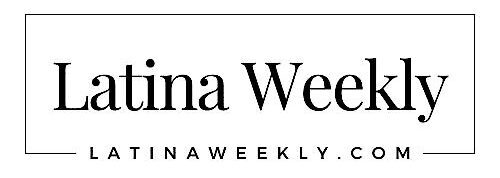Charcuterie may be a word of French origin yet it’s a very popular international food with cross cultural usage and influences. The word charcuterie is derived from the French words “char” (flesh) plus “cuite” (cooked). Charcuterie is believed to have originated in France during the 15th century due to rules prohibiting the sale of uncooked pork. Subsequently French tradesmen developed techniques to preserve meats ranging from salting, brining, fermenting & smoking, as well as cooking. Charcuterie specialists created an entirely new food form and subsequently developed it into a version of culinary art. Nowadays, charcuterie includes anything ranging from sausage, bacon, ham, headcheese, terrines, pate, etc. The extent and diversity of charcuterie is truly incredible and has extended across cultures. In Latin America, perhaps the most well known version of charcuterie is Chorizo sausage. Although no one can precisely identify the exact origin of Chorizo, it likely originated in Catalonia Spain. Chorizo sausage is Spain’s most famous charcuterie and is available in fresh and dried forms – the Spanish version is dry whereas the Mexican version is a raw/wet. Obviously, all Mexican & raw versions of Chorizo sausage must be thoughly cooked prior to eating. Never eat raw or undercooked pork. Furthermore, all processed meats are classified as a carcinogen according to WHO (World Health Organization). According to the WHO website processed meat includes:
“Processed meat refers to meat that has been transformed through salting, curing, fermentation, smoking, or other processes to enhance flavour or improve preservation. Most processed meats contain pork or beef, but processed meats may also contain other red meats, poultry, offal, or meat by-products such as blood. Examples of processed meat include hot dogs (frankfurters), ham, sausages, corned beef, and biltong or beef jerky as well as canned meat and meat-based preparations and sauces.”
More information is available at the WHO website. Red meat has been classified as a Group 2A carcinogen by the International Agency for Research on Cancer (IARC); processed meats are considered an IARC Group 1 (known to cause cancer in humans). The IARC provides an extensive list as an online reference at “IARC Monographs on the evaluation of Carcinogenic Risks to Humans“. Carcinogenic chemicals related to the processing and cooking of meats also contribute. For this reason, several manufacturers have created product lines containing uncured versions of popular meat products such as sausage, bacon, ham, etc.
What’s the difference between cured and uncured meats? Uncured meat utilizes natural curing agents rendering them potentially nitrate free. While grocery shopping, you may have seen products labeled “no nitrates or nitrites added” or “uncured” or “nitrate free”. Both cured and uncured meats are both preserved, the main difference is the method of preservation. Cured meat uses chemicals and additives; uncured meat uses natural salt and flavoring. Cured meats contain nitrates and uncured meats generally don’t. It’s important to note that certain natural compounds such as celery juice or celery powder have naturally occurring nitrates. The bottom line is there are options available for those looking to reduce the overall exposure to nitrates and carcinogens yet still enjoy preserved meats and charcuterie. The American Cancer Society also has a useful section regarding preserved meats & cancer risk.
If you’re curious about charcuterie or want to learn more about it, festivals are a great way to discover new foods and meet people involved in the industry. An example of one such food festival, Charcuterie Masters, is open to the general public. Charcuterie Masters is a unique opportunity allowing participants to experience tastes from some of the best charcuterie artisans and to ask questions regarding composition, preservation methods & whatever other concerns they might have. Presented by New York Epicurean Events annually in New York City, Charcuterie Masters is scheduled to take place on February 24 2018 Saturday from 6 to 9 PM at Flushing Town Hall. Tickets are being sold online; early bird and membership discounts are available. Pulsd.com also offers a discount general admission ticket to this event. Unlike some food festivals which require separate cash purchases for food or drink or both, Charcutie Masters includes a generous three hour open bar along with unlimited (or until supplies run out) food tastings. If you’re interested or curious about charcuterie, this is an event worth checking out. More information is available online at nyepicureanevents.com.
